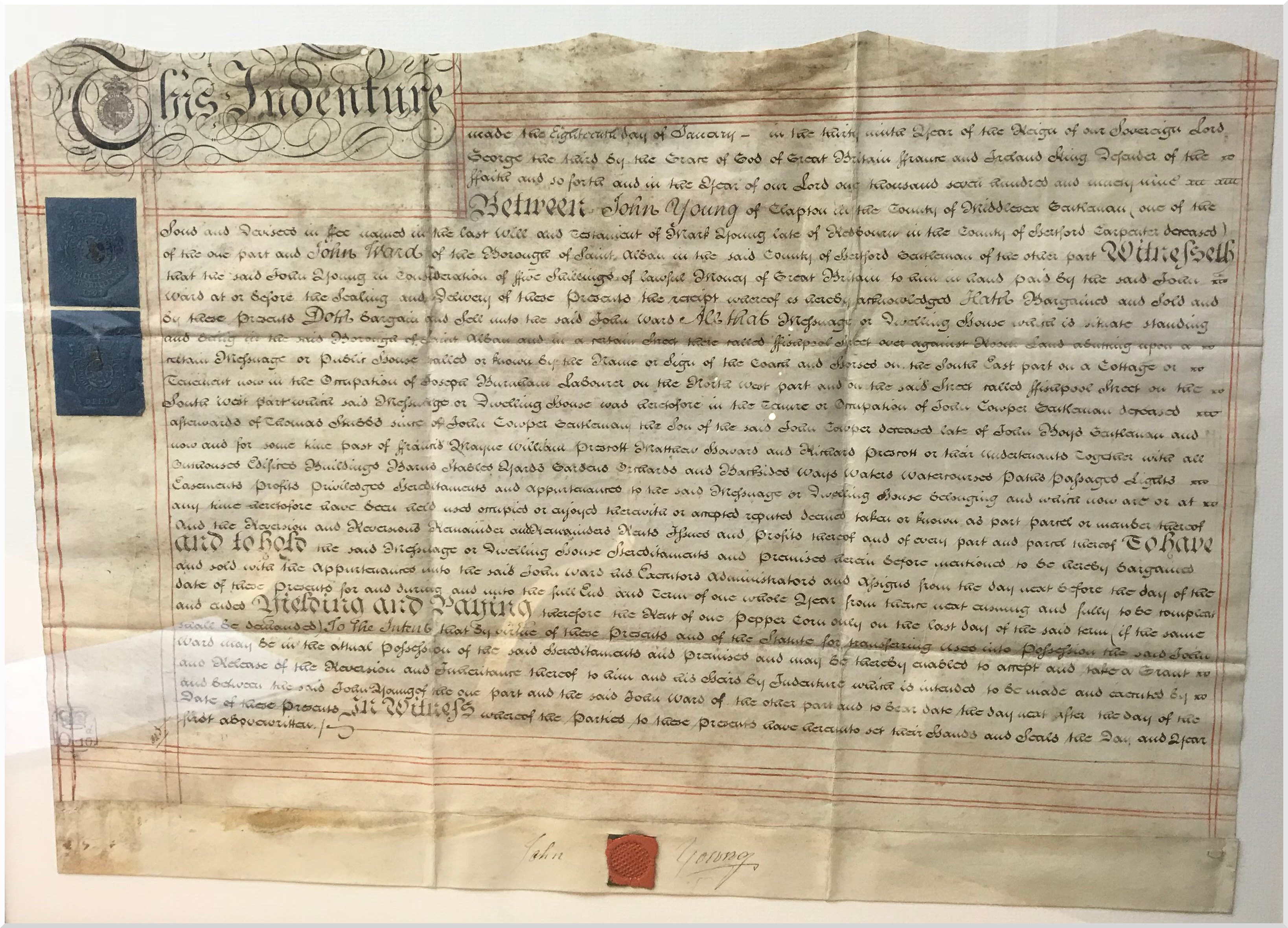In June last year Britain voted to leave the EU. Since that historic vote verbal battles have been fought between Leavers and Remainers, and between advocates of a `hard` Brexit (where the UK leaves the EU single market and customs alliance completely) and those calling for a `soft` Brexit (where we retain as many of the benefits as possible). There are even suggestions of a `cliff-edge` Brexit, where no agreement can be reached and Britain more-or-less falls out of the EU.
So what effect will the election results have on the future negotiations, which are scheduled to start by the end of June? The EU representatives` position will no doubt be that Britain caused this situation by holding a referendum and voting to leave, and that ultimately their only concern must be for the long-term future of the EU itself. Conceivably the EU will want to make Britain`s situation post-Brexit to look as disadvantageous as possible, in order to deter thoughts of a breakaway by any other member states.
Mrs May called the recent election partly in order to strengthen her hand in the negotiations with the EU. If the Conservatives had gained a sweeping success at the ballot box she could argue that the vast majority of the country backed her negotiating stance towards Brexit (whatever that might have turned out to be). We now know that her plan backfired in a big way, but again the EU will not be overly concerned. Whilst they know they will be negotiating with a politically weak government that will have to make concessions to appease the different opinions within the UK population, what the EU really wants is a quick end to the discussions so that it can get on with its` main focus, namely running the EU for the greater benefit of its remaining 27 members. Clearly Britain will want to leave the EU with having to pay as little as possible under the exit terms, whereas the remaining EU members will be anxious to ensure Britain stands by its` financial commitments. Any short-fall would have to be topped up by the remaining EU states or would result in lower hand-outs to fund domestic programmes.
Whatever we or the Europeans might like from the Brexit negotiations some things are certain – the road to Britain`s withdrawal from the EU will be long and difficult and there will be no quick or simple solution. We wish the negotiating teams on both sides the best of luck.





